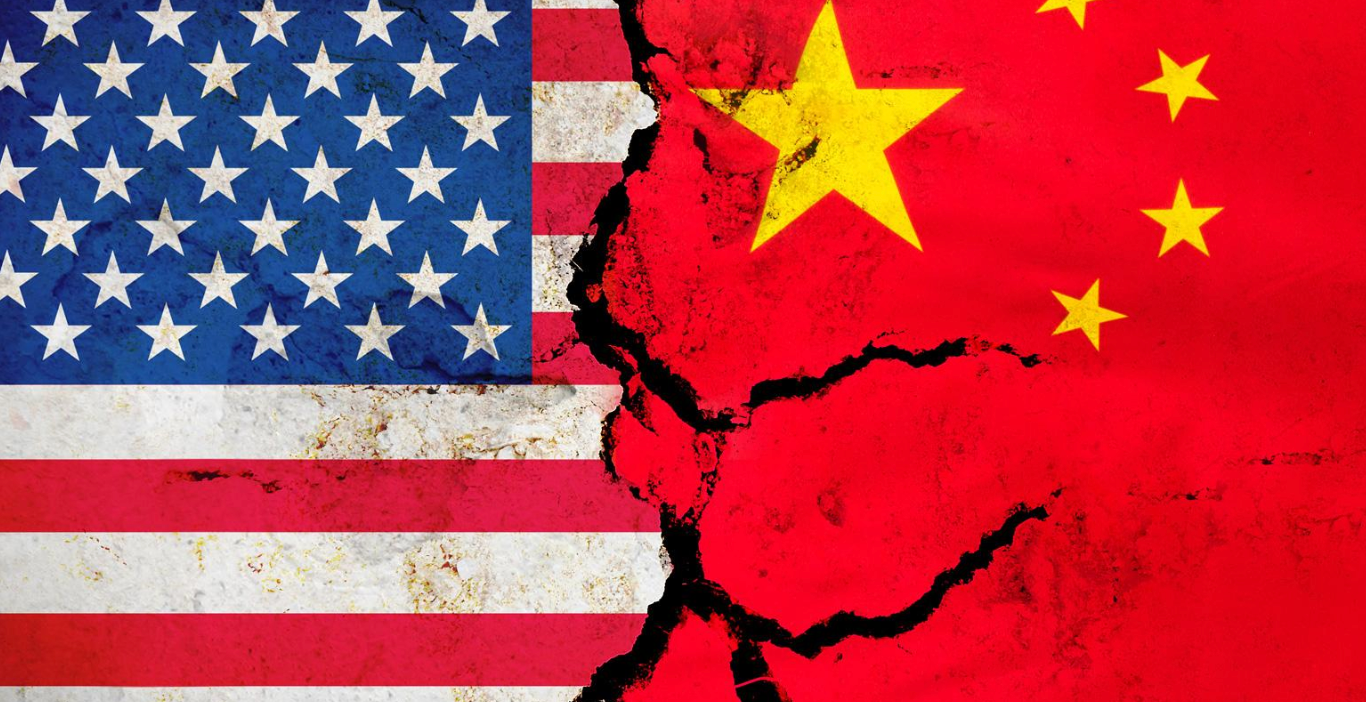
How Chinese Is Western Islamophobia?
For months now, global media have been discussing and revealing China’s treatment of Muslims and its justification of the internment camps for Muslims as a measure in the “War on Terror.” At the heart of this campaign stands the attempt to erase any sign of Islamic religious identity in the Communist People’s Republic. Authorities in Xinjiang, where Muslim minorities live in large numbers criminalize any expression of Muslim religious identity by banning Muslim practices such as going to the mosque, naming children religious names, reading the Qur’an or fasting in Ramadan. Mosques are shut down and Muslim families are forced to hand over copies of the Qur’an. All of this reminds us of dystopias such as V for Vendetta. These totalitarian policies, the reality for Muslims in Xinjiang, make Western countries look comparatively tolerant given the constitutions that reflect democracy, rule of law, checks and balances, and the institutionalization of human rights.
But a closer look will show that the logic behind the treatment of Muslims in China reflects the logic of many Islamophobic actors in Europe and America.
While it has become accepted that many European governments regulate the wearing of the Hijab and the full-face veil, other central Islamic practices are also challenged in recent years. In Austria, the general secretary and spokesman on integration in the conservative People’s Party (OVP) came up with the idea to ban fasting in Ramadan for pupils during school time. He argued that this would be best for their health. A little bit later in 2018, Inger Støjberg, the Danish Minister for Immigration and Integration, published a blog post claiming the Danish population was at risk when the Muslim minority was fasting during Ramadan. Banning one of the five pillars of Islam and thus an essential practice of Muslim life, this resembles the outlawing of Islam itself.
And indeed, some political and media figures in the West are arguing for exactly this. The Iranian-born Miriam Shaded, who has become a right-wing celebrity and the president of Estera Foundation, argued that Islam should be banned in Poland. Buying into a widespread mantra of Islamophobes, the right-wing populist and currently governing SPD in the Czech Republic tried to ban Islam claiming that it is not a religion, but a violent ideology.. If not be for Minister of Justice Jan Kněžínek, who said that no law can pass if it is focuses on a particular religion, the SPD would most probably have supported the proposed ban. And in Austria, the chief editor of a daily yellow press argued: “Meanwhile the discussion, whether Islam should be banned from Europe must be allowed. With all due respect for freedom of religions and the many peaceful, sympathetic supporters of Islam […], the borders between peaceful Islam and terror in the name of Islam are becoming increasingly blurred.”
These political initiatives and statements reveal something very disturbing: While people in the West enjoy human rights and freedom of religion, these values are increasingly being questioned, starting with the most vulnerable and – often – politically weakest members of their societies. This should be a warning to all of us. What happens to Muslims today might happen to others tomorrow. In at the end, democracy will be nothing but a dummy instruction.

 Search
Search